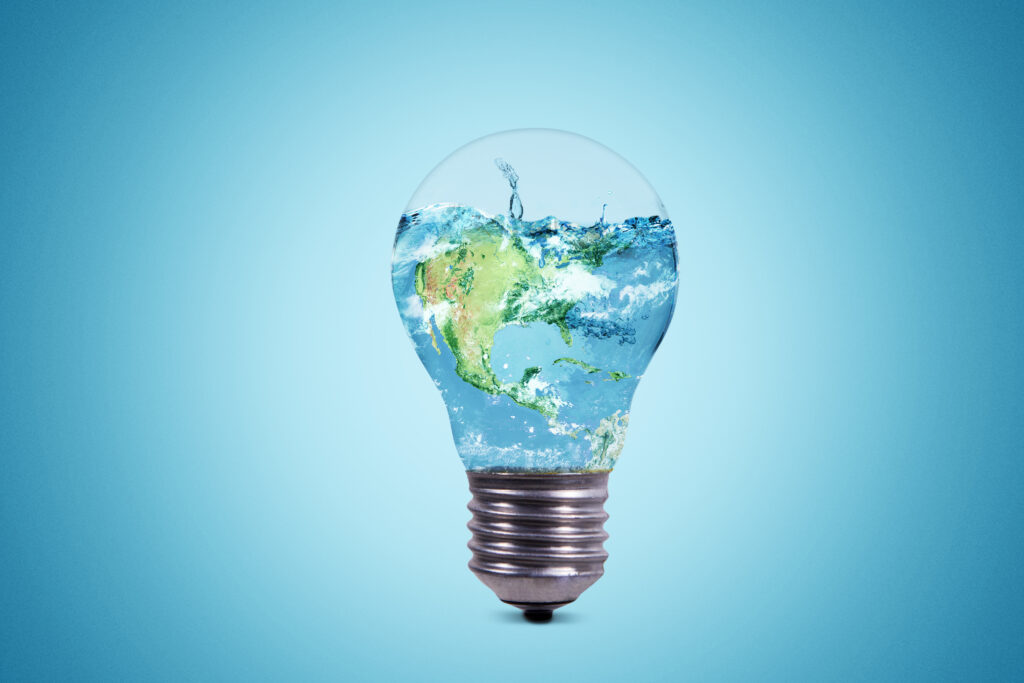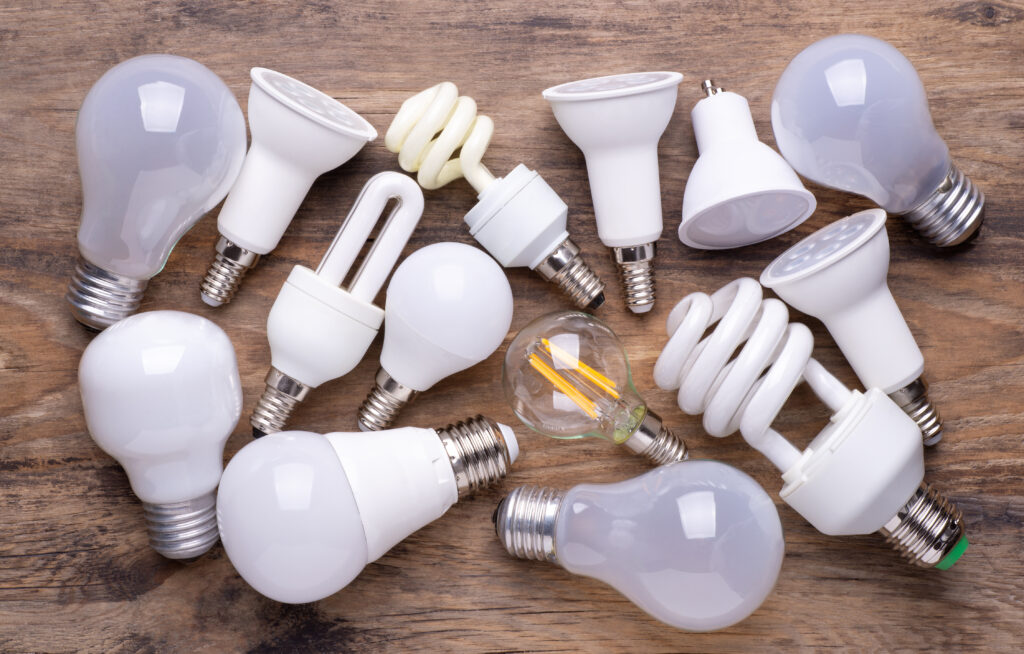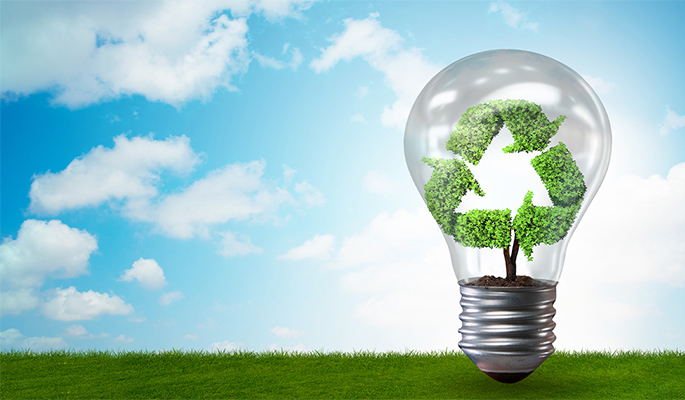The environmental benefits of recycling paper, plastics, and aluminum have been proven time and time again. Try taking a look around your home or office a bit, and you’ll see there’s one more thing you can recycle that will also create a huge positive impact on the environment. That’s right; the light bulb in your kitchen or the tube light in your office can be recycled!
The dangers of carelessly disposing your lights
Most people tend to dispose of their lights by simply throwing them in the trash, but by doing so, you’re unknowingly releasing toxic gas produced by the broken bulb into the air.
Most of our trash ends up getting dumped in landfills. When bulbs break in landfills, the mercury in them seeps into the ocean, where it gets converted to the highly toxic methylmercury. Methylmercury then damages the aquatic life, and then even humans can be exposed to the chemical when consuming fish.

When it comes to recycling lights, you decrease the harm being done to the environmental. Another benefit is the recovery of non-renewable resources, such as glass, aluminum, steel, mercury, lead and copper—components that are present in most of lights that we used. These recovered components can be reused again to create new light parts.
Where can I recycle my lights?
While you can recycle most types of lights, not all recycling centers accept lights. The process of recycling lights is different from the common recyclables. They have to be handled carefully so no harmful chemicals in the bulbs will be released during the process. You can find specific places where you can recycle them like Batteries + Bulbs or you can locate the nearest recycling center that accepts lights through Earth911.
What types of lighting can I recycle and how do I recycle each?
Disclaimer:
Make certain you take all the necessary steps to recycle safely and with caution. Lighting should not be included with standard recyclables (paper, plastics, etc.). We recommend consulting a recycling center about the proper steps before recycling.

- CFLs and fluorescents
CFLs and fluorescents contain mercury, which is a toxic chemical that is harmful to your health and the environment. That’s why it’s so important not to simply toss them in trash. The mercury content of these bulbs warrants them dangerous, and it is sometimes illegal to throw them in the trash. CFLs and fluorescents require more stringent, rigorous steps to recycle. Locate and contact a local home improvement store or hazardous waste/mercury collection center.
- Incandescent and halogen bulbs
Incandescent and halogen lights typically contain no toxic chemicals, and so recycling them is much less of a hassle than CFLs and fluorescents. Locate a recycling center near you that accepts these bulbs. The glass in incandescent and halogen shatters easily, so it’s best to wrap them in recyclable packaging materials before handing them over to the recycling center.
- LED Lights
LED lights do not contain any toxic chemicals. While they are safe to dispose of in trash bins, the best thing for the environment is to recycle them! Locate a recycling center near you, and give them a call to see if they accept LED lights. Because they are harmless to the environment, they may be categorized as universal waste or electronic waste (e-waste).
Do your part for the environment— recycle lights!
As a lighting manufacturer, LEDtronics makes sure it does its part in safely recycling our LED lights by collecting all of the LED lights (as well as electronic) waste, and arranging for a local recycling facility to pick them up. You can do your part in helping out the environment more by taking the step in recycling lights.

